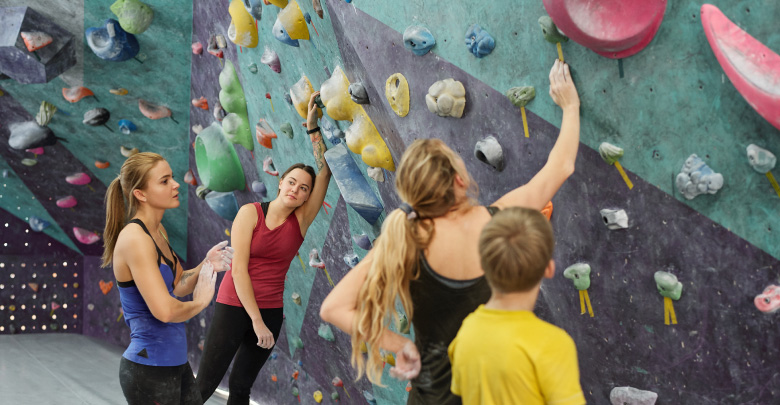Antonio Jovanovski
-
We all have our own story. Everyone has gone through a unique set of experiences and the impact that those experiences had on one’s perceptions, values and beliefs is different and very personal. A biography is a description of one’s life. An emotional biography means that you need to look at your life from an emotional point of view. With…
Read More » -
What is a paradigm? The word “paradigm” comes from the Greek word paradeigma, commonly used to mean a perception, assumption, theory, frame of reference or lens through which one is viewing the world. In the more general sense, it’s the way we “see” the world – not in terms of our visual sight, but in terms of perceiving, understanding, and…
Read More » -
Roger Hart defines participation as “the process of sharing decisions which affect one’s life and the community in which one lives”. Nowadays, young people are more encouraged to participate in different actions and activities in society than in the past years. On the European level, there is a constant growth of the inclusion of young people in decision-making processes mostly…
Read More » -
What Is Culture? Culture is the totality of values, beliefs, and behaviors common to a large group of people. A culture may include shared language and folklore, communication styles and ideas, and thinking patterns—the “truths” accepted by members of the group. Members of culture have similar expectations of life. The term “culture” derives from the Latin word “cultura” which means…
Read More » -
Traditional forms of youth participation Bacalso (2016) argues that traditional forms of youth participation are concerned with “formal politics, broader policy goals, typically hierarchical institutions, and long-term engagement”. Such forms are likely to employ the ‘youth development model’ where youth is seen as a transitional stage – with participation mainly about young people learning to become active citizens rather than…
Read More » -
Participation is not an easy concept to define. Most reflections go into a direction where participation is rather a process than a one-time event[1]. Participation is an essential element of citizenship in a democratic society, and democratic Europe. European institutions and organizations repeatedly emphasize the importance of youth participation to foster young people’s active citizenship, enhance their integration, their inclusion…
Read More » -
Emotional intelligence (EI) refers to the ability to perceive, control, and evaluate emotions. Some researchers suggest that emotional intelligence can be learned and strengthened, while others claim it’s an inborn characteristic. Description: The Emergence of Emotional Intelligence: It was not until 1985, when in a doctoral dissertation by Wayne Payne that the term, “emotional intelligence” was first used. In 1987,…
Read More » -
NGOs as political subjects NGOs are legal entities, composed of a group of people that have a certain ideology, which is based on values and principles. Besides, in raising awareness and education, NGOs have a crucial role in campaigning, advocacy, lobbying, and policymaking. Policymaking includes work with institutions and authorities (decision-makers). NGOs propose policies and measures for improvement of the…
Read More » -
Every trainer is an advocate. Advocacy means supporting and defending a cause you believe in. Although the term “advocate” is often used to refer to a paid legal representative, it also refers to someone who argues for a cause or course of action. In a Non-formal perspective, the trainer is an advocate that understands the issue and finds the right…
Read More » -
Description: 1. Introduction Take 5 pieces of paper. If done in a group, each of the participants should have 5 pieces of paper. On a separate piece of paper, you need to write your name, hobby, role in the family, religion, and professional occupation. Name it can be your full name, only your first name, or what people call you.…
Read More »









